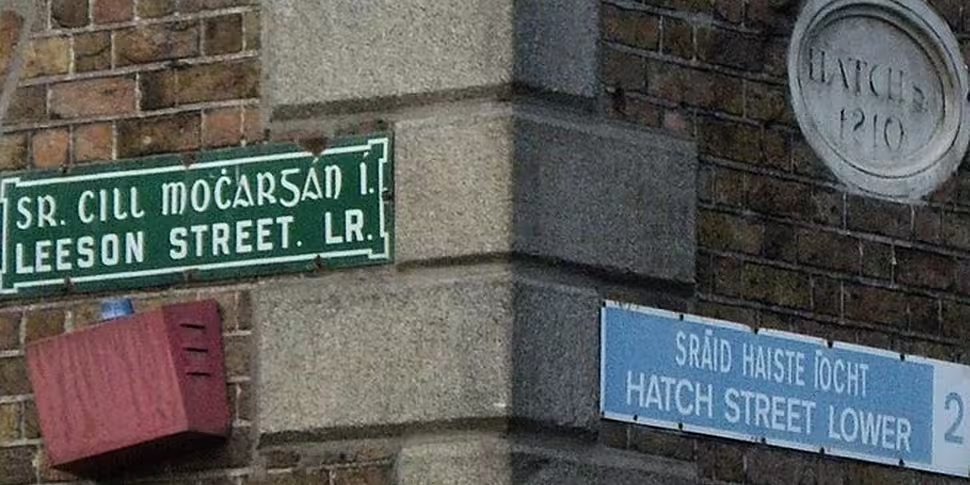A plan to produce a national postcode system for Ireland was announced by in October 2013 by then-Minister for Communications Pat Rabbitte. This proposal was broadly welcomed as Ireland was the only country within the OECD without such a system in place. Almost one year on from the launch of the system, named Eircode, we take a closer look at its origin and its future.
Capita Business Support Services Ireland was awarded the "Postcode Management License Holder" in late 2013. This contract soon began operations under the trading name "Eircode".
The goal was simple: create a postcode system for Ireland. More than 25% of addresses in Ireland have the same address as at least one other property, which can make things difficult for those trying to deliver goods or services to a property.
A recommendation was made by the National Postcodes Project Board Report back in 2006 as to what the system should look like. The recommended a structured, hierarchical "ABC 123" postcode. The NPPB Report recommended the new postcodes have "six characters, three of which will be easily memorable as they relate to the Post Town of the property."
The Eircode system went in a completely different direction - opting for an unstructured, random "letterbox" postcode, accessible only via a database.
Each Eircode is a 7 character, alpha-numeric code. The first three characters define a principal post town span of delivery and final four are the unique identifiers, which distinguish one address from another. This system is optimised for the delivery of postal mail, although An Post does not require such a system.
Members of the Freight Transport Association, Ireland received a briefing on the system in July 2014, on year before its launch, and raised red flags about the practical use of a system like this in their industry. They continued to express their concern at 'The Joint Committee on Transport and Communications on the difficulties its members have with the proposed "Eircode" postcode'.
"From the information available to FTA Ireland and its members, Eircode is clearly formatted and offered to the market as a highly elaborate and detailed address database. It tackles the problem of non-unique addresses by assigning a unique identifier to each private and commercial address. It will provide a high degree of information and functionality to direct mail marketers, utilities providers, academic institutions, the Revenue, social welfare services, the HSE, the Department of Education, the CSO, banks and charitable institutions. In short, anyone who deals with high-level population data, "big data" or who interacts with the public and customers via postal mail, will be satisfied with Eircode.
However, the companies represented here today do not fall into those categories, and crucially, they interact directly with people at their home address, their business, or in the field."
Damning:
A recent survey, carried out by the CBRE, found that 96% of companies in the logistics business do not use Eircode. This is not good news for the developers of Eircode, a system which cost €38 million to build. Speaking about these findings, General Manager of the FTAI, Neil McDonnell said
"These statistics are damning, coming as they do from the largest operators in the Irish economy, especially when their other responses on recruitment, turnover, profitability and capex are taken into consideration. These companies advised the State a year in advance that Eircode was a dead-letter. This has now come to pass."
When asked why he believes there is such a low uptake on the Eircode system, McDonell replied
"There's a few reasons for it, it's not just a case of the cost. The bottom line is, there is literally no benefit in using it."
So, what should happen next? If this system is not fit for the purpose outlined by Eircode themselves, should it be scrapped?
"Eircode should be “parked” as a unique property identifier, essentially becoming the PPSN for property. It should be treated in the same way as a PPSN: not publically displayed, but used on all Government (and utility-provider) correspondence with the individual or business. DCENR should then revisit the NPPB report, and roll out a national postcode consistent with its original research findings from 2006," says McDonnell.









